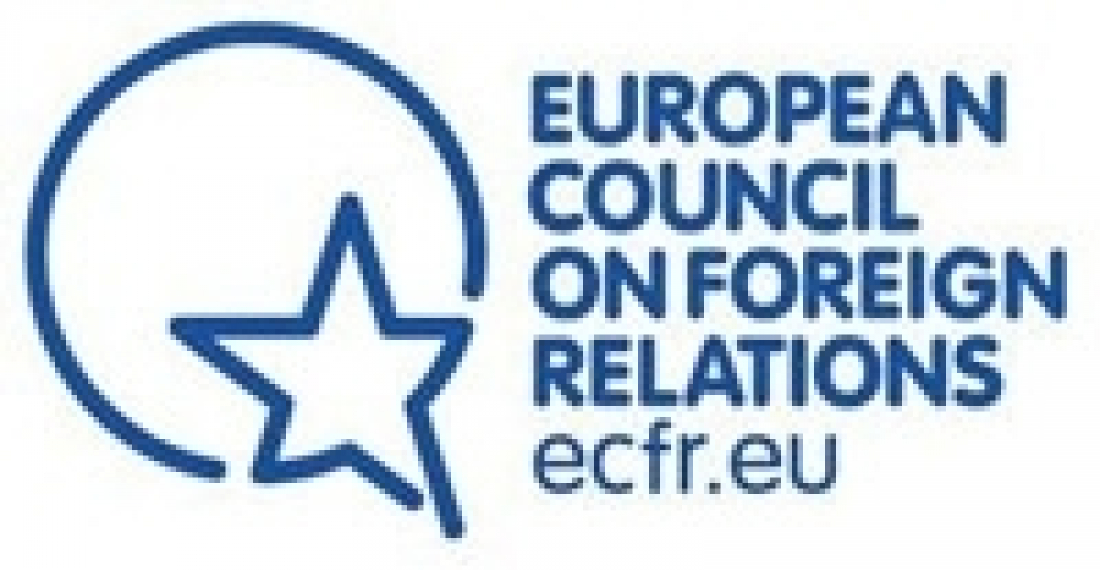Сложно представить, чтобы Азербайджану, будучи в Совете Безопасности ООН, удалось спровоцировать негативные последствия для Карабахского процесса. Об этом АрмИнфо заявила научный сотрудник Европейского совета по международным отношениям (European Council for Foreign Relations) Яна Кобзова.
“Ведь основная площадка для переговоров – это Минская группа ОБСЕ, а не ООН. Во время войны в начале 90-х, Совбез ООН единогласно принял резолюции по конфликту, и с тех пор придерживается их, и если даже Азербайджан предпринимает попытки поднять эту проблему в ООН, остальные отдают предпочтение тому, чтобы проблемой занимались в рамках ОБСЕ”, - заявила эксперт.
Напомним, что в октябре Азербайджан был избран непостоянным членом Совета Безопасности ООН на 2012-2013 годы. Совет Безопасности состоит из пятнадцати членов Организации. Великобритания, Китайская Народная Республика, Франция, Российская Федерация, и Соединенные Штаты Америки являются постоянными членами Совета Безопасности. Еще десять непостоянных членов избираются Генеральной Ассамблей на два года. Каждый год проводится замена пяти из них.







